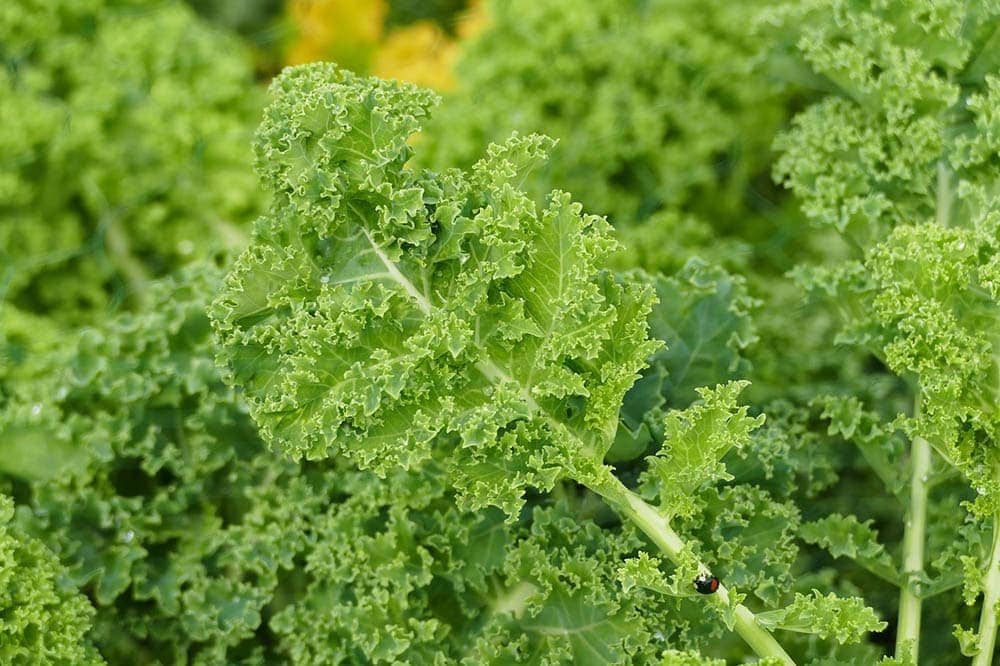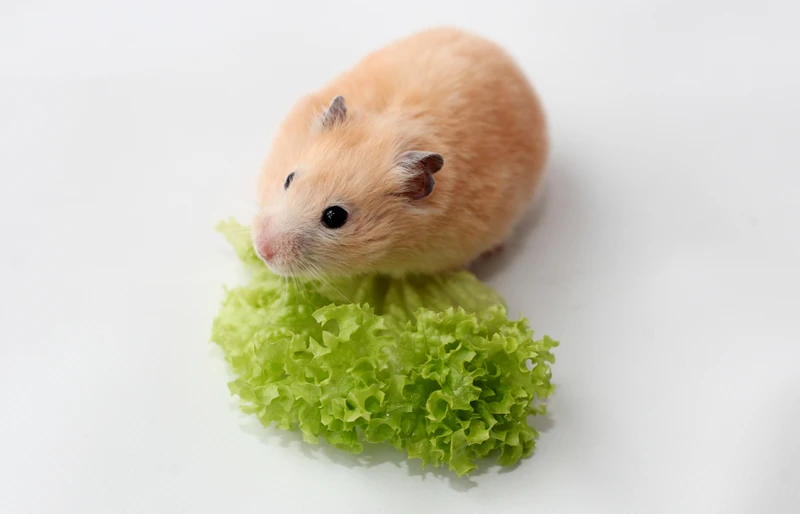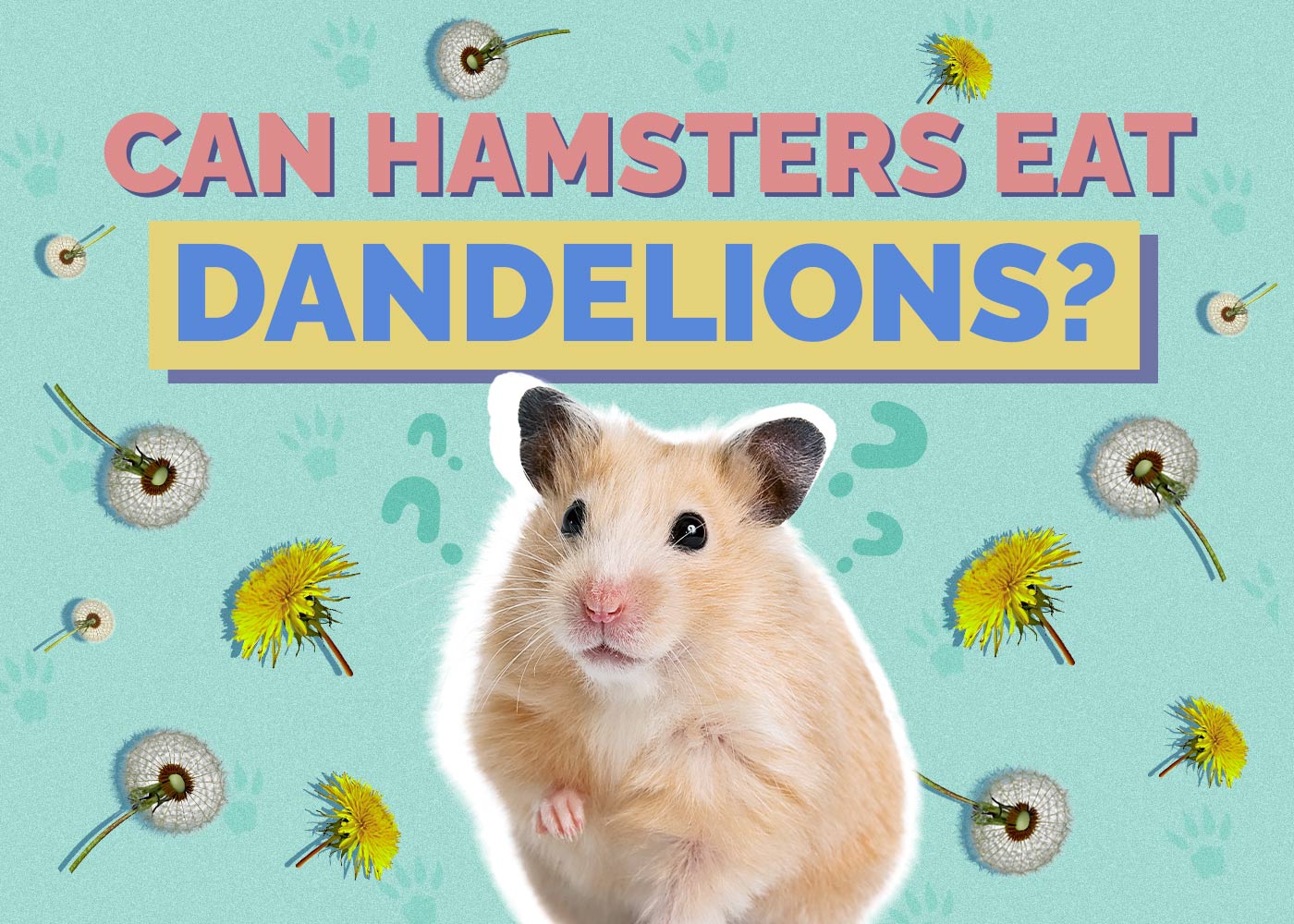Can Hamsters Eat Kale? Vet Reviewed Facts & FAQ
By Beth Crane
Updated on

Hamsters are incredibly common small pets in households around the world. We often choose the little rodents as pets for children due to their small size and cute appearance. However, hamsters need an appropriate diet, just like any other pet! Your hamster likely enjoys nibbling on fruit and vegetables as a treat, but what about healthy, leafy greens such as kale? Kale is perfectly fine for your hamster to eat as long as it is part of a balanced diet.
The Benefits of Kale
Kale has many nutritional benefits for hamsters, including essential vitamins and minerals. It can also form part of a leafy greens rotation for your hamster to eat, keeping them healthy and providing excellent enrichment! However, giving your Hamster kale in moderation is key to avoiding any adverse effects.
Commercial hamster pellets provide a balanced diet, so feeding vegetables like kale is not strictly necessary. Before offering kale to your hamster, check that it’s appropriate for them with your vet; any new foods should be given the go-ahead before trying them out.
Kale is not only great for enrichment when hidden in tubes or buried, but it’s also healthy. Kale can provide your hamster with a boost of vitamins A, C, and K.

FAQ
Which Types of Kale Can My Hamster Eat?
There are many types and colors of kale, all of which come from different areas of the world. Most of these are safe to give your hamster, but some are less palatable than others! Different types of kale include:
- Curly kale
- Plain leaf
- Bumpy leaf
- Leaf and spear
Your hamster can eat all these types of kale as long as the hard stem is taken out and the leaves are thoroughly washed. Giving your hamster raw kale is better than feeding them cooked kale, as the leaves retain their nutrition when raw (and they’re crunchy to nibble on).
How Much Kale Can My Hamster Eat?
Because your hamster should be fed on a pelleted diet that provides all the nutrition they need, only a small amount of kale and other fruits and veggies should be given daily. Too much kale can cause problems for your hamster, such as digestive issues and diarrhea. In total, hamsters can have around a tablespoon of fresh veg each day, but that should be a mixture of items, not just kale.
To prevent that, only feed them a small amount alongside their regular food and introduce new foods slowly. If your hamster gets diarrhea from eating kale, remove it and contact your vet; hamsters are small and can quickly dehydrate when they get diarrhea. Changes in diet can cause profuse diarrhea in hamsters (also known as wet tail) and can become fatal if not treated.

What Other Vegetables Can Hamsters Eat?
Hamsters can eat a variety of greens and vegetables alongside kale. While some veggies are more nutritious than others (like kale vs. celery), a balanced pellet diet should always be the primary source of nutrition.
Cabbage, spinach, and cress are good greens to feed your hamster. Herbs such as parsley, sage, and basil are good options and remember to limit them to around one tablespoon a day.
Final Thoughts
Hamsters are omnivorous rodents with digestive systems capable of eating different types of proteins, including plant proteins like kale. Kale is a healthy treat for your hamster as long as they’re fed a balanced diet of species-appropriate pellets. Many types of kale are available to feed your hamster, and they’re safe to serve if fed in moderation with the hard stems removed.
Remember, it’s essential to clear any new foods with your vet before introducing them to your hamster, and only give a little at a time. Too much kale can cause digestive problems and diarrhea, which can quickly become fatal if not treated promptly.
Featured Image Credit: BlueSky_31, Shutterstock











